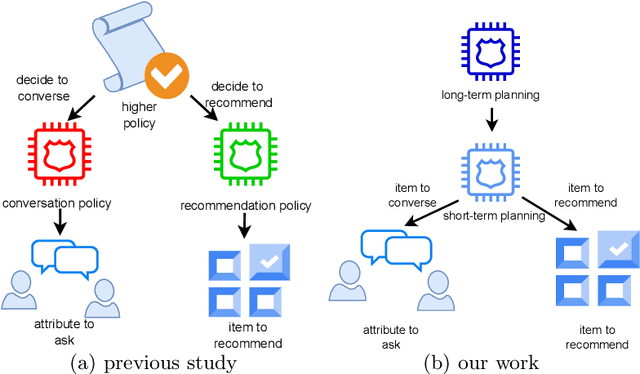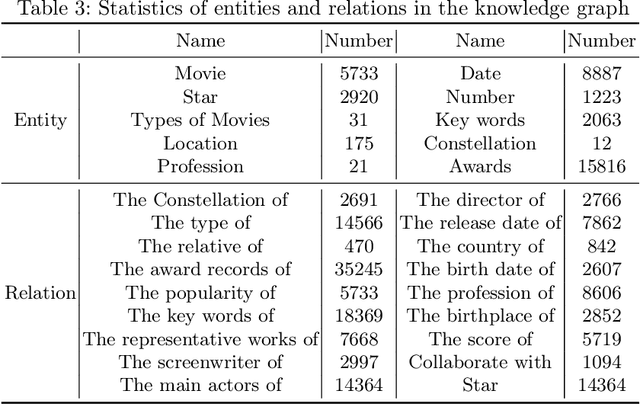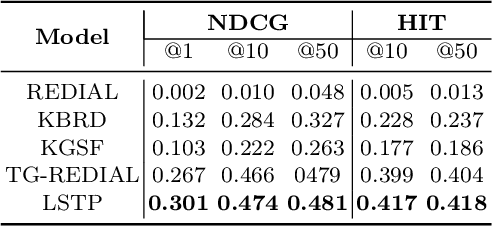Long Short-Term Planning for Conversational Recommendation Systems
Paper and Code
Oct 23, 2023



In Conversational Recommendation Systems (CRS), the central question is how the conversational agent can naturally ask for user preferences and provide suitable recommendations. Existing works mainly follow the hierarchical architecture, where a higher policy decides whether to invoke the conversation module (to ask questions) or the recommendation module (to make recommendations). This architecture prevents these two components from fully interacting with each other. In contrast, this paper proposes a novel architecture, the long short-term feedback architecture, to connect these two essential components in CRS. Specifically, the recommendation predicts the long-term recommendation target based on the conversational context and the user history. Driven by the targeted recommendation, the conversational model predicts the next topic or attribute to verify if the user preference matches the target. The balance feedback loop continues until the short-term planner output matches the long-term planner output, that is when the system should make the recommendation.
 Add to Chrome
Add to Chrome Add to Firefox
Add to Firefox Add to Edge
Add to Edge